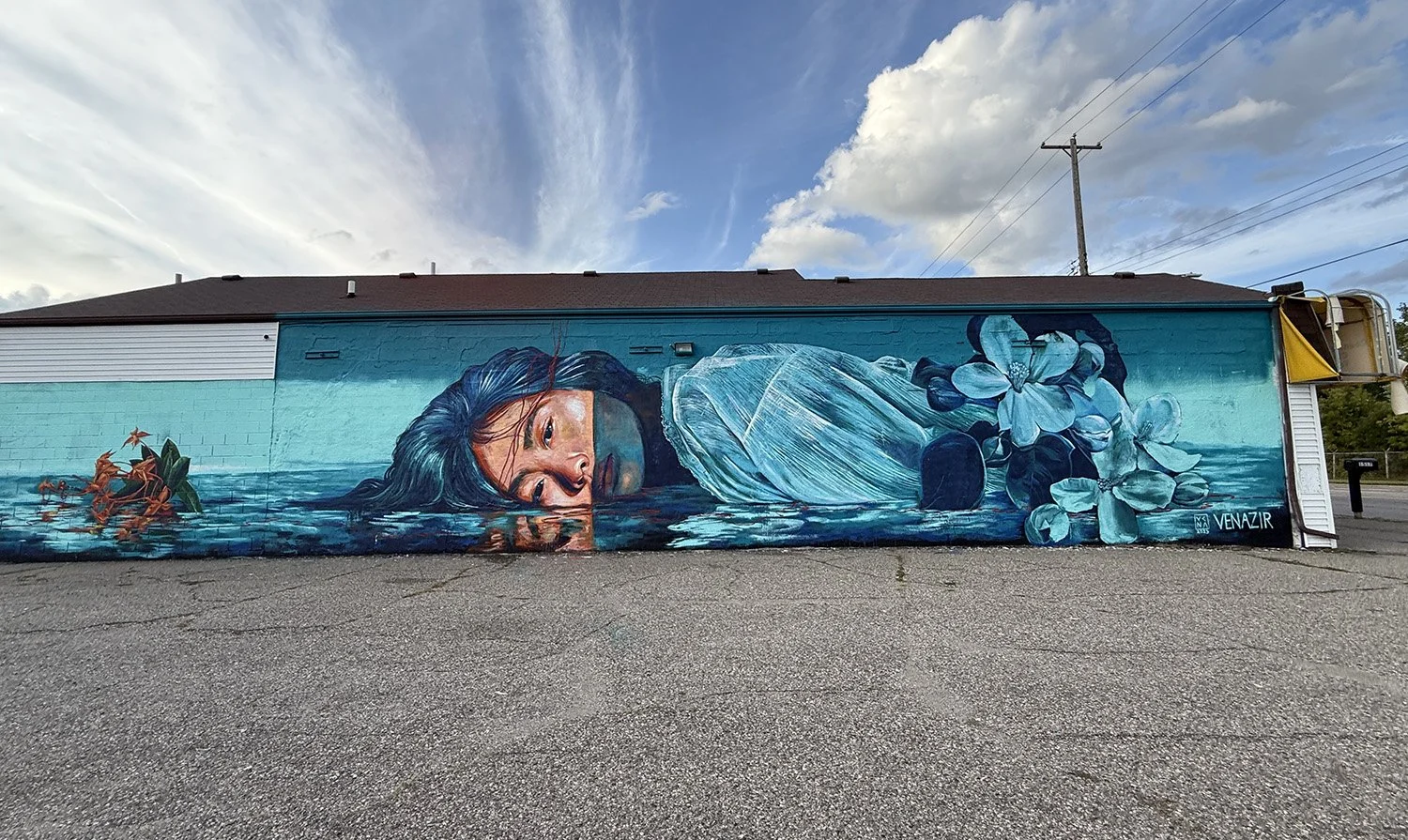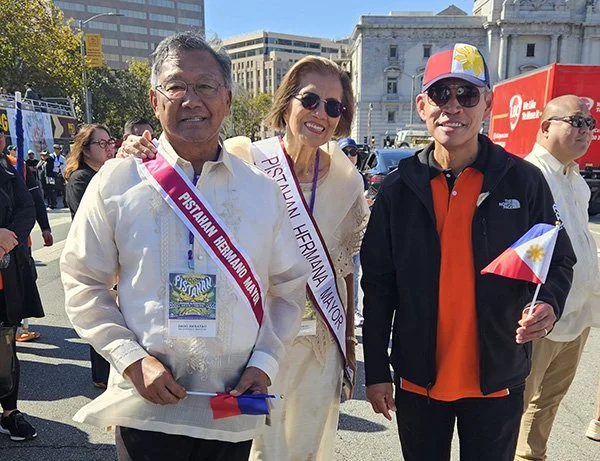Sweet 13
/In 2026, Positively Filipino is 13 years old. That’s 13 years of stories by and for Filipinos around the world—and we couldn’t have done it without our community of dedicated writers. From deeply reported features to personal reflections, our contributors continue to inform, amplify, educate, and entertain the global Filipino diaspora.
We’re grateful (and honestly humbled) to say we’re never short on submissions. At times, we receive more stories than we can publish right away, which means some pieces may be queued for several months. We appreciate your patience and understanding as we work through them with care.
If you’re interested in joining the growing roster of Positively Filipino authors (check out the list on our website), here are our updated submission guidelines:
What We Publish
Positively Filipino is a purely online, general-interest publication serving Filipinos worldwide. We welcome articles about Filipino history, culture, events, issues, lives, and personalities—whether in the Philippines, the U.S., or across the global diaspora.
• Historical pieces must include a list of sources for fact-checking.
• First-person essays and lived-experience stories are encouraged.
Editorial Notes
• We accept unsolicited manuscripts, but most topics require editorial approval, especially personality profiles and reviews of books, films, or other media.
• We do not accept literary or creative writing (e.g., fiction or poetry).
• We will not publish content that promotes hate, encourages lawlessness, or spreads misinformation or false narratives.
How to Submit
Please email your article (preferably as a Word document) to
submissions@positivelyfilipino.com
Include:
• Relevant photos with captions
• A 2-sentence author bio
• A headshot
A Few Important Things to Know
• The editorial board reserves the right to edit submissions for clarity, length, and style.
• Submission approval is not guaranteed—even for previously queried pieces—if they do not meet our editorial standards.
• Positively Filipino does not pay for unsolicited submissions or for work that has been published elsewhere, including on personal blogs or social media.
• Articles promoting a product or business will be subject to a $50 fee and will be labeled "Special Advertising News."
• Press releases from non-profits, charitable organizations and government agencies will be published in our Community News section.
Have questions or want to pitch an idea?
Email us at PFeditor@yahoo.com.
We look forward to reading your stories—and continuing to share the many ways Filipinos show up, speak out, and shape the world.
This Week’s Stories
Leapfrogging a Revolution by Robert Francis Garcia
Behind a Top-Notch Guitar Brand, an OFW Journey by Michael G. Lucero
Actor Nico Santos Rides Star Vehicle Sitcom ‘St. Denis Medical’ by Anthony Maddela
[Read It Again]
How Filipinos Got Their Surnames by Penélope V. Flores
Remembering Flash Elorde by Manzel Delacruz
[Video of the Week] Adobo Sa Asin
In The Know
‘Significant’ volume of natural gas discovered in Malampaya — first in over a decade
https://www.rappler.com/philippines/malampaya-east-natural-gas-discovery-service-contract-38/
Hidilyn Diaz is now a teacher in UP Diliman
https://upd.edu.ph/hidilyn-diaz-is-now-a-teacher-in-upd/?
Inside Magellan, the New Historical Epic You Need to Watch
https://www.gq.com/story/magellan-movie-interview-gael-garcia-bernal-lav-diaz
Hindi Ito Marites: PH, US military cooperation to go on 'hyperdrive' in 2026
https://www.youtube.com/shorts/kd_wrxFIgOM
Crystha Shayne Funcion on Instagram
https://www.instagram.com/reels/DTpm3PNDqv5/





